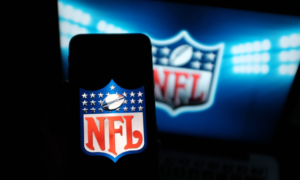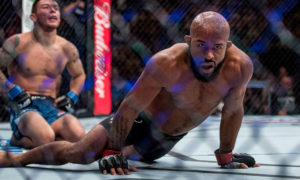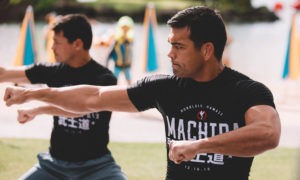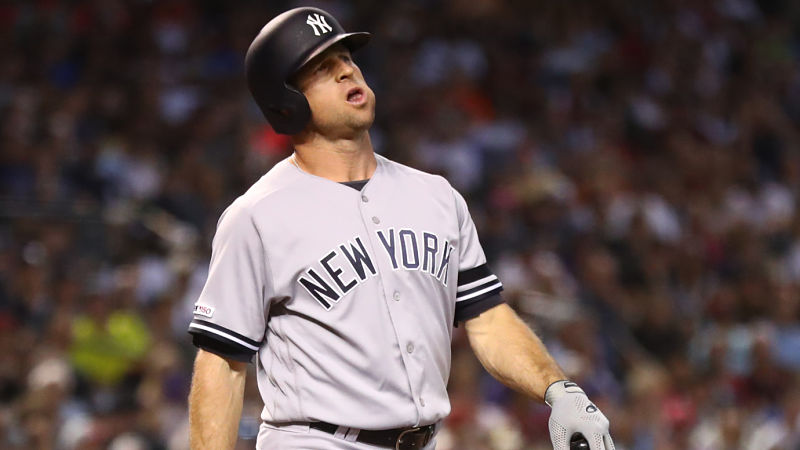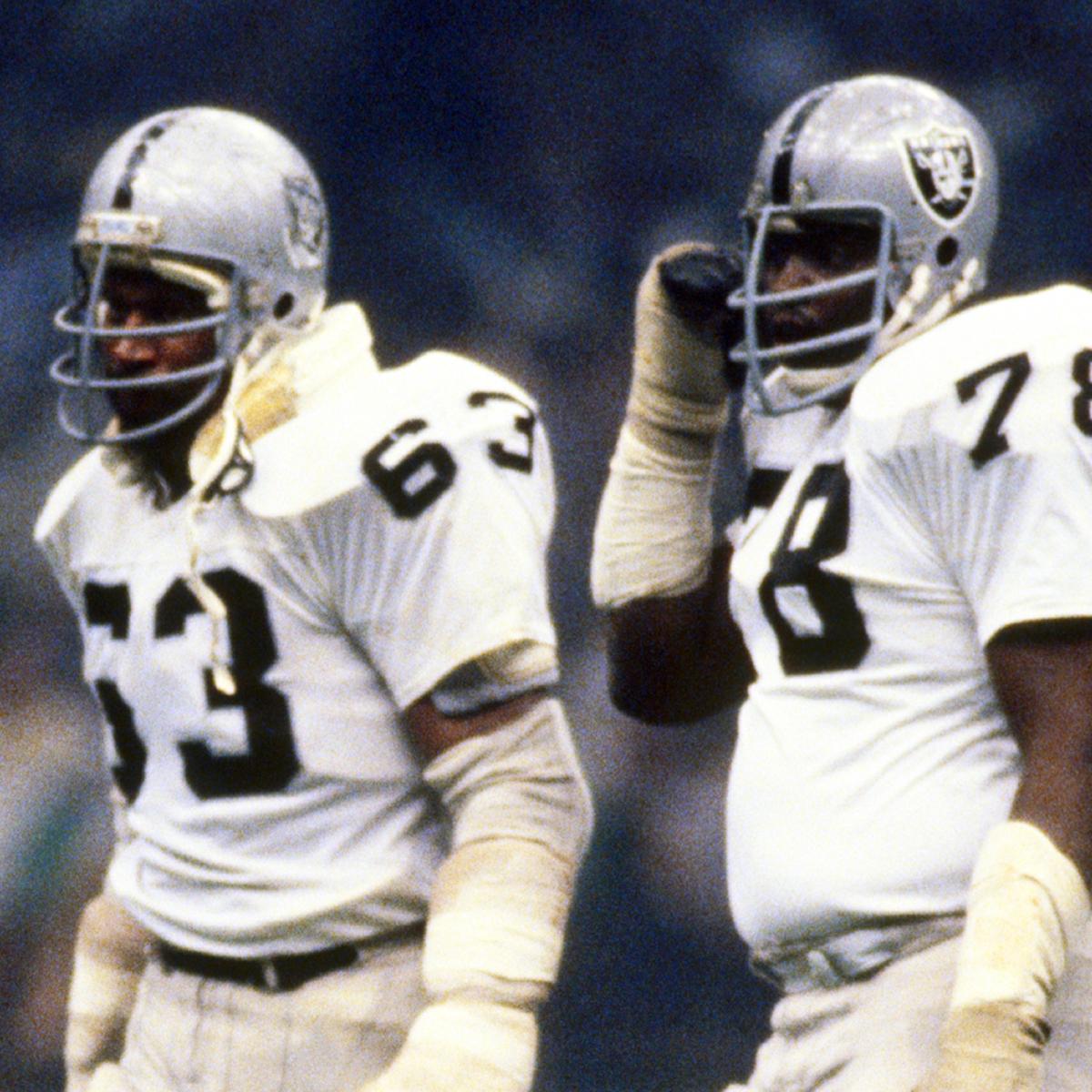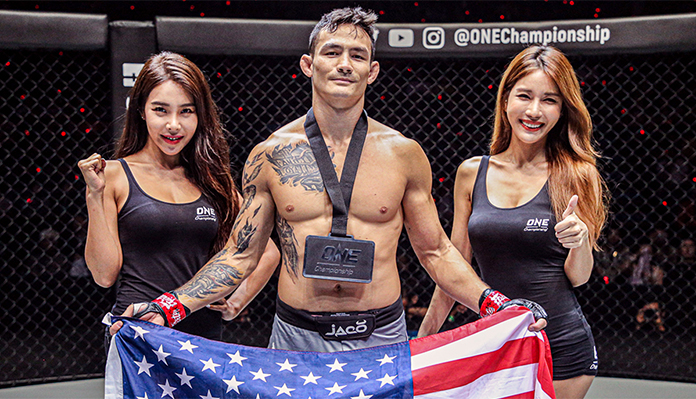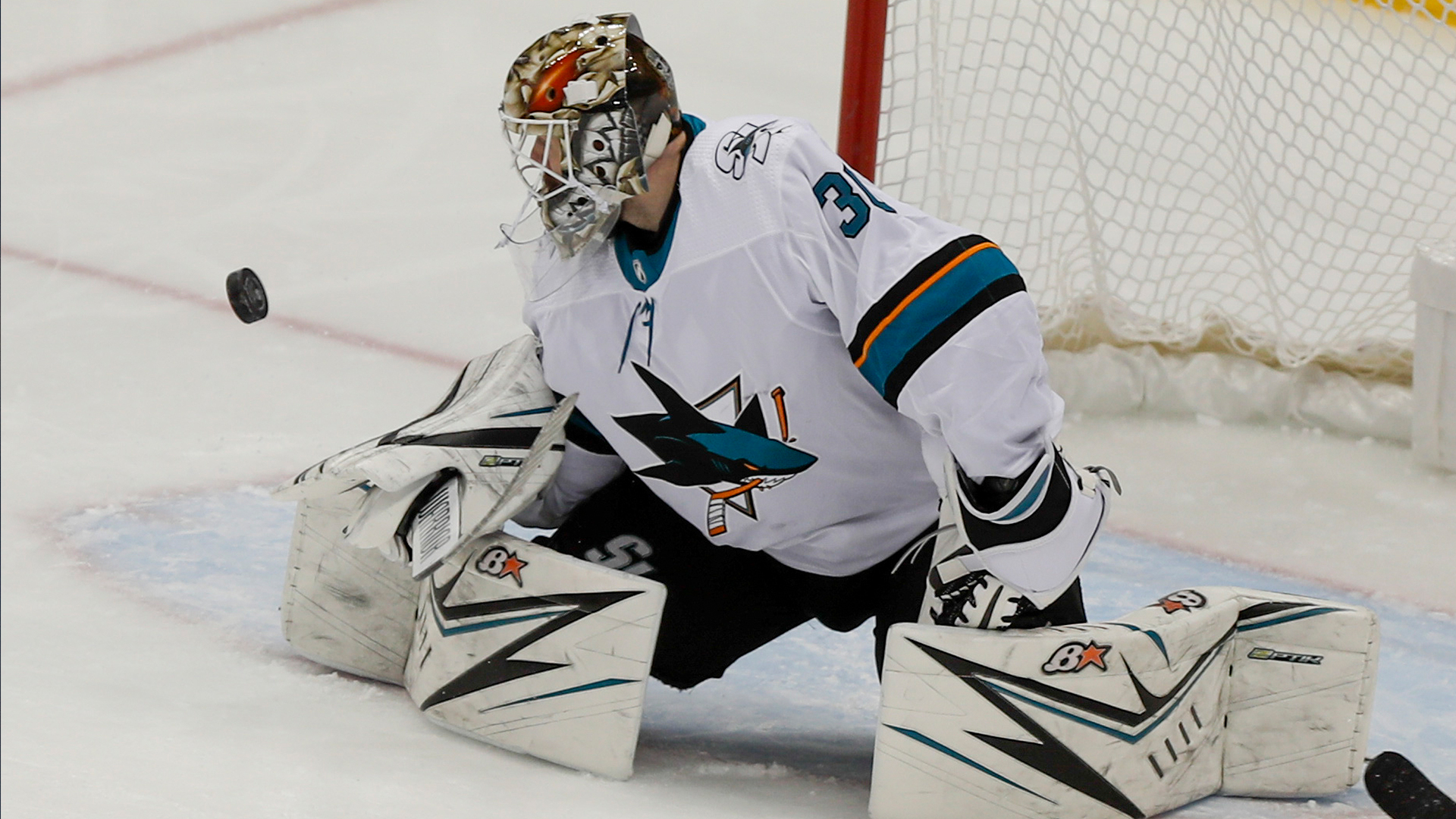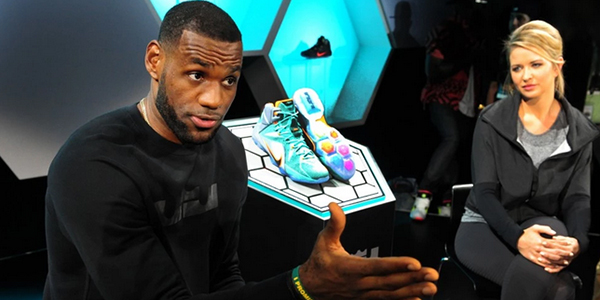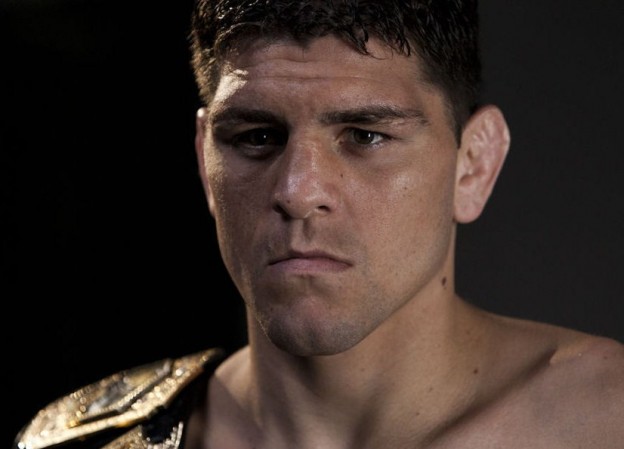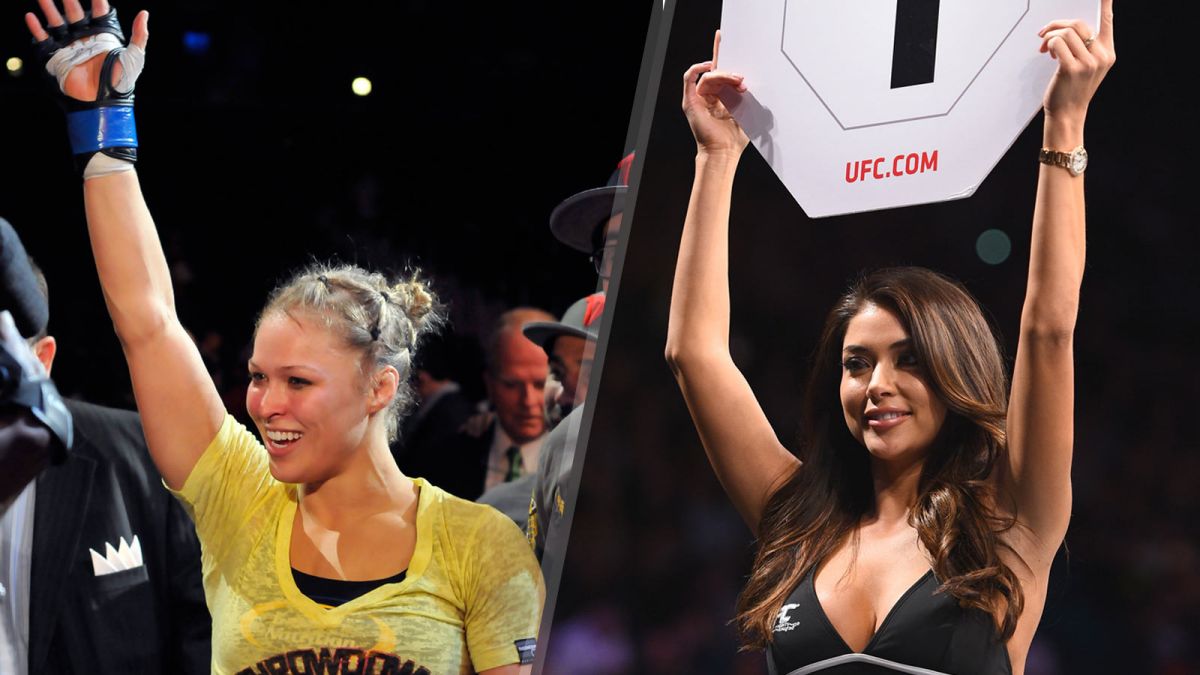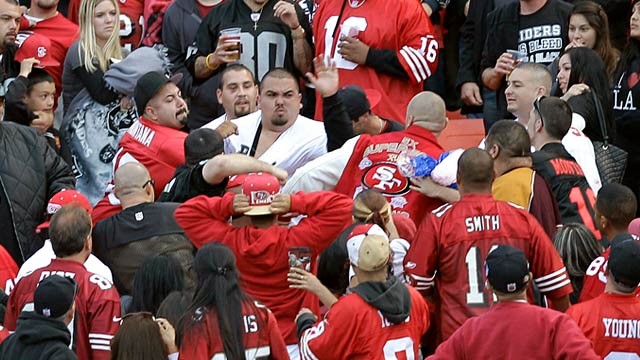San Diego State Aztecs star Malachi Flynn, arguably the best pick-and-roll passer in the 2020 NBA draft, recently caught up with HoopsHype.
Flynn, who won Mountain West Conference Player of the Year and led the nation in win shares last season, spoke about growing up as the youngest of seven children. He also discussed his journey from being the shortest player on his high school squad to eventually winning MWC Defensive Player of the Year.
Please note this interview was very minorly edited for brevity and clarity.
How have you been spending the past several months leading up to the draft in what has probably been your longest offseason ever?
Malachi Flynn: Yeah, for the past three months, I’ve just been out here in Vegas, which is somewhere to have a consistent gym, somewhere to work out, somewhere to lift. It’s been nice to have that. But for me, I had time off during my redshirt year. This isn’t as long as that, but it’s similar in some ways. I’m working on things to get better. I always use the offseason to continue to get better.
How would you describe your game to someone who never seen you play?
MF: I’m aware of everything that’s happening on the court, I’m someone who plays with a high IQ but is very skilled at the same time. I know how to make the right play and I can shoot it. Overall, I’m a playmaker – not just a scorer or a passer – I would just consider myself a playmaker with a high IQ.
What do you think separates you from the other point guards in this 2020 NBA draft?
MF: I think my ability to shoot the ball. I think I can shoot it with range, as well as being smart out there and understanding the game, knowing what reads to make and when to make them. I think those are some of the things that separate me.
Tell me about the evolution of your jump shot. How has it gotten to the point where it is today?
MF: My family, in general, has had some pretty good shooters. My brothers can shoot pretty well. They haven’t played at the level I have, but everybody is kind of naturally a good shooter. I work on it consistently. I’ve never really worked with a shooting coach. For me, it’s more about the reps and always making sure I’m shooting the same shot every time – not having different shooting forms, staying on balance.
I have written about you being the best pick-and-roll passer in this class. What made you prioritize this in your development?
MF: It seems like that’s what the league is 80 percent of the time. So for me, just to be able to pass with both hands off the pick-and-roll has helped me a lot. I’m able to read the defense. I know what to look for and what passes to make I’m able to pass with both hands, which has helped me.
How have you developed your basketball intelligence over the years?
MF: Growing up, I definitely watched a lot of hoops. I still watch a lot of hoops. I watch a lot of film not only of myself but other point guards who I think play the game with a high IQ as well. I’ve always been someone who enjoys watching hoops, no matter if it’s NBA, college or high school. I just enjoy being around the game. So some of it is that, and a lot of it is just watching film and continuing to get better. Then, when I’m on the court, I’m making sure I’m aware of the things that I watched so I can go out and do it. I’m not afraid to make mistakes.
When you’re watching film, who are some of your favorite point guards to watch? Are there any NBA players whose role you think you can replicate?
MF: Growing up, I always liked watching guys like Chris Paul, Steve Nash and Deron Williams. Now, I still watch guys like CP3 but also Damian Lillard and Stephen Curry. A lot of those guys make great reads off the pick-and-roll but they do it in their own way. It’s not trying to copy them, but just taking different things for each of them and trying to add it to my game.
As far as playing like somebody, I don’t like to compare myself too much, just because I feel like there are differences in everybody’s games. But guys like Fred VanVleet, I like to watch him. I love the things he’s been able to do in the league. There are other guys, too. But for me, it’s mostly trying to focus on myself to make sure I’m the best that I can be and then going out and being productive at the next level.
When asking folks about you, one thing that always comes up is your work ethic. How would you describe your grit and determination?
MF: It’s something I’ve always had to have. When I was younger, I was a lot smaller than guys. So I had to find something that was going to separate me. It was just getting into the gym and working on my skill set and making sure that my size wasn’t going to stop me from being where I wanted to be at the end of the day. As I continued to get a little bit taller and bigger, it just stuck with me. It was instilled in me at an early age.
What are some of the ways that you have been able to overcome your size to make the biggest impact on the court?
MF: My freshman year of high school, I was like 5-foot-2 and I was actually on junior varsity. My sophomore year, I was still only about 5-foot-6 but that’s when I started playing on varsity. I was like 5-foot-10 by my junior year. I finally hit 6-0 during my senior year. Those first two years, I was shorter than pretty much everybody on varsity. But I think it helped me, honestly, being smaller at a young age. It made me find different ways to score, to get to the cut and to do different things on the court.
You won Mountain West Player of the Year. But something that might surprise people is that you also won MWC Defensive Player of the Year. How would you describe your defensive mentality?
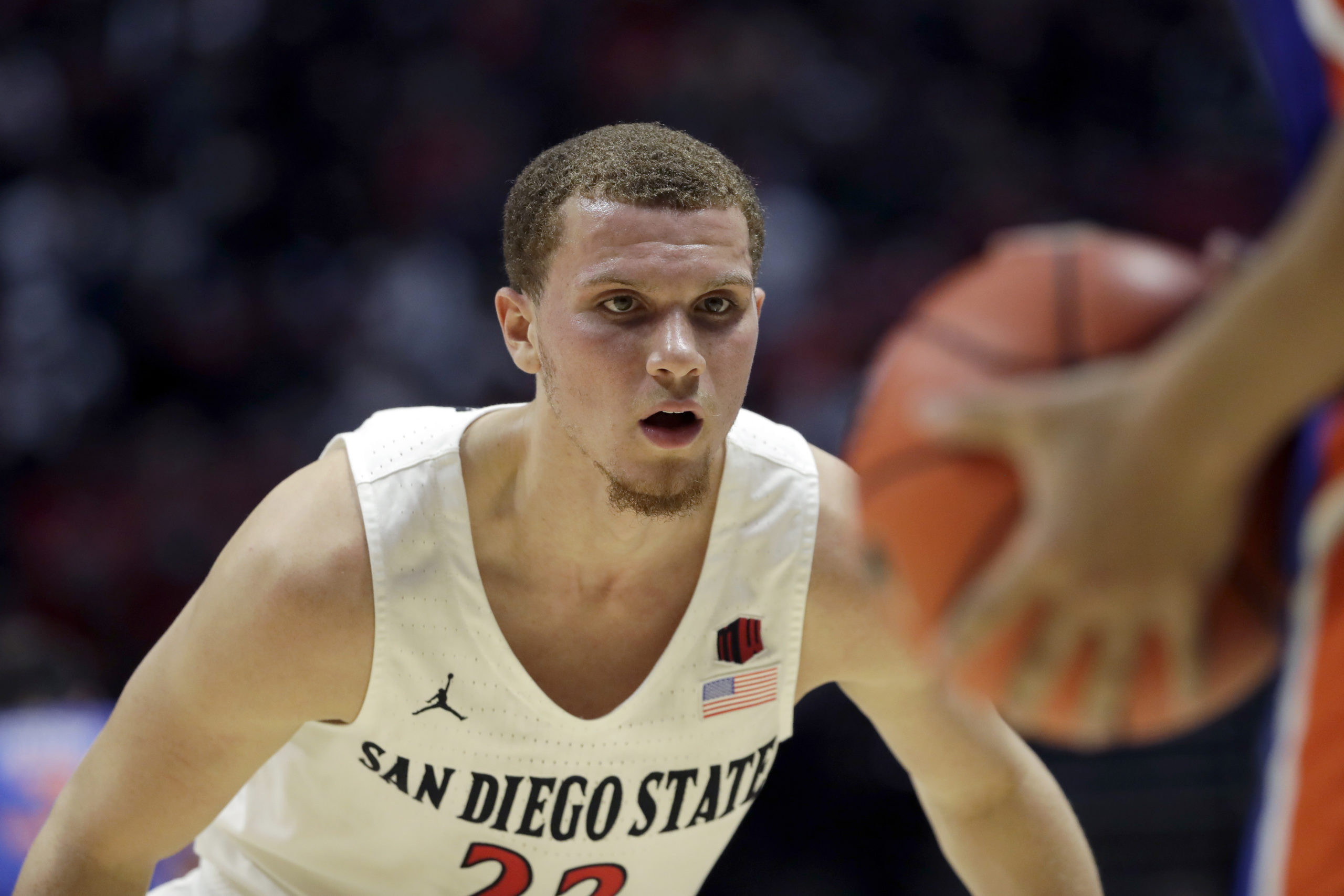 (AP Photo/Gregory Bull, File)
(AP Photo/Gregory Bull, File)
MF: Yeah, that meant a lot. For me, it’s about being really tough-minded and knowing what guys want to do and then trying to take that away from them. I just try to make them go to their weaknesses as a defender. I know that I am not the biggest or strongest so I’m going to have to give up something. So for me, it’s just knowing what they want to do, being in the right spots, and at the end of the day, just being super tough on that end and not giving up anything easy.
How much of your intensity did you pick up from being the youngest of seven children?
MF: Yeah, for example, I have two older brothers and they work super hard. I remember going to the gym as a young kid and just being there forever. Growing up in that environment helps me today. It’s never changed. I wasn’t winning any games against my brothers at all. My closest brother is about three and a half years older. As a kid, that was a lot, especially when I was already smaller. I learned that competitive edge from always trying to win but still losing. I think it just made me want to win even more when I played against other guys. It helped my competitive edge in everything, not just on the court but whatever it was whether it was playing video games or doing something else. We’ve always had that competitive spirit.
San Diego State had an incredible record (30-2) when the season ended. What worked for everyone this year?
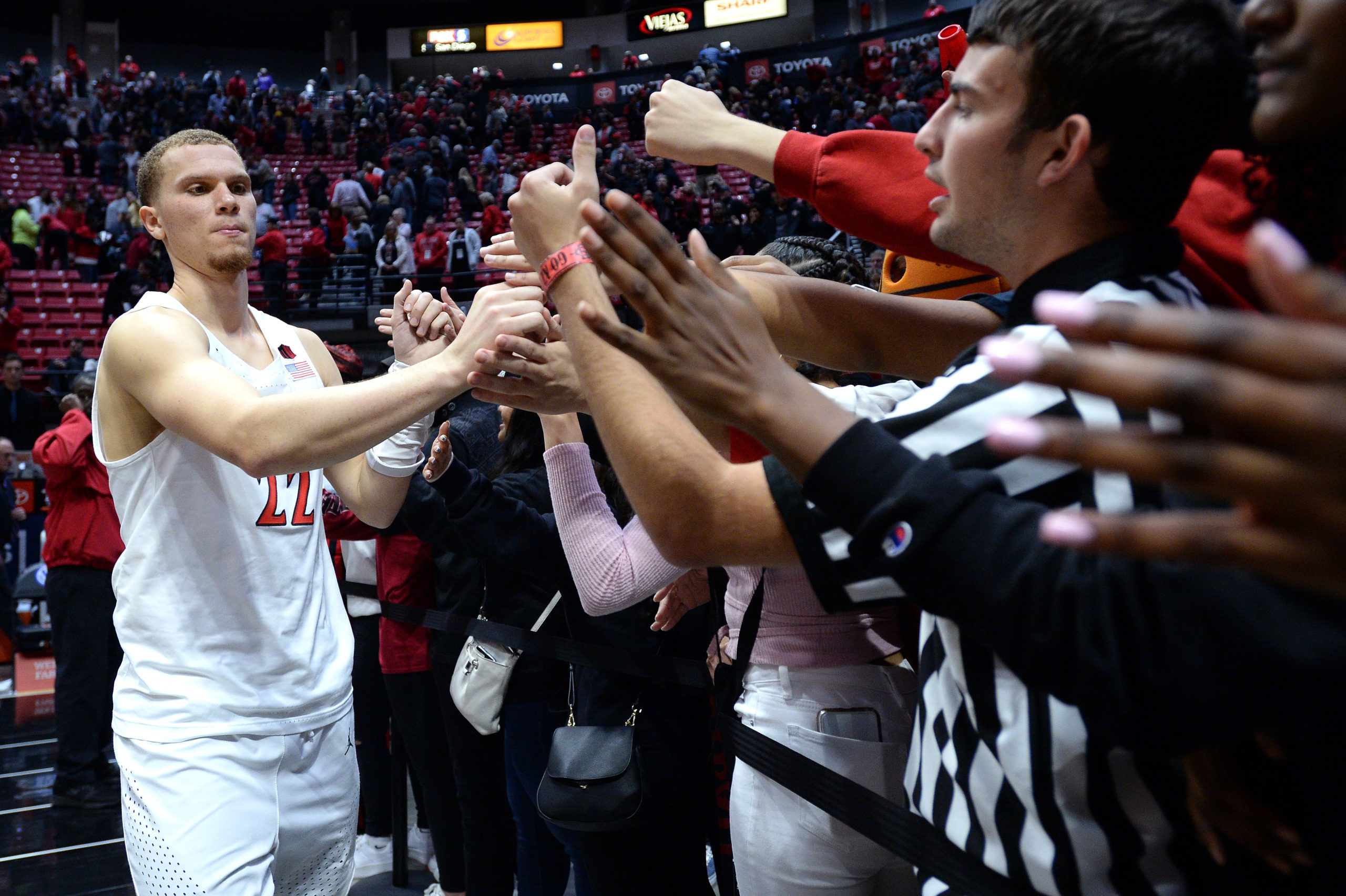 Orlando Ramirez-USA TODAY Sports
Orlando Ramirez-USA TODAY Sports
MF: The coaching staff did a great job of bringing in guys who wanted to win. We had three or four new guys, and everyone bought in to the main goal. From a player’s standpoint, everyone was holding each other accountable. There were no egos on the team. Everyone was happy for every individual’s success.
Kawhi Leonard also went to SDSU. What have you heard about him from folks who were also on campus when he was there?
MF: He was always working. You can see from the way his game was in college, to the way it is now, it seems like he’s improved every year. So for me, seeing different guys do that, it inspires me to continue to work. Even when they’re older, they’re still getting better. I think there’s always room for improvement, no matter what stage you’re at.
What have you improved on the most since you have last stepped on the court for San Diego State?
MF: Overall, I’m just making everything more consistent. But more specifically, finishing around the rim, different floaters, trying to work on that. Not mid-range, but a little closer – finishing shots around the basket, different timing on shots, a lot of different types of floaters. I want to get better at passing with both hands, being able to make different passes. I think I can still improve in that area, being crafty with passes. Also, finishing around the basket. I think I can still get better at that, finding different ways to throw the timing off for my defender. I want to continue to improve my jump shot, shooting with range. As I get farther out, that range makes you a lot harder to guard.
When you are not playing basketball, what are some things that you like to do?
MF: I really just like to chill, be with family, do whatever. I’m the type of person who just kind of goes with the flow off the court. If something comes up, I’ll go do it. I don’t make too many plans off the court. I just chill with friends and family.
How would your friends and family describe your personality?
MF: I think they probably would say that I’m super relaxed and I like to go with the flow. I’m still competitive, even off the court no matter what the case may be. But I’m someone who’s super relaxed and just goes with whatever happens.
What are some of the goals that you have for yourself both on and off the court?
MF: On the court, I’m just trying to get a role in the NBA and be productive and help whatever team that I get the opportunity to play for. Off the court, I definitely want to be one of the guys who can come back and help in my community like Jamal Crawford, Brandon Roy, Isaiah Thomas and Avery Bradley have done. I want to be one of those guys that can come back and help the kids and keep that hoop environment in Tacoma, Washington, alive.
How would you describe the state of basketball in the Pacific Northwest?
MF: The culture there has been super strong. The older guys Crawford, Thomas and Roy are all involved with the young guys. I think that has helped us want it, even more, to get to that level. There are a lot of good guards from the Pacific Northwest that are currently in the NBA. Zach LaVine is like four or five years older than I am but there is just a lot of talent. Everybody is going at each other. That’s just the environment. We’re friends and all that, but when we step on the court, everybody’s competing. And I just think it makes everybody better.
What was life like for you while growing up in Tacoma?
MF: I wouldn’t want to be from anywhere else. I mean, it rains a lot, but as far as the place, the people, the mentality that we have, it’s helped shape me to become the person that I have today. Without that, I don’t know if I would be here. The whole environment, it’s home, for sure.
One last thing before you go: do you have a favorite musician? I love to ask that one. I think it says a lot about a person.
MF: I’ve been a big fan of J. Cole for a long time. He speaks the real. He has a lot of different ways of relating to people like me, everyday people, just his struggles, come-ups and the way he approaches music. I like that a lot.
——————-

